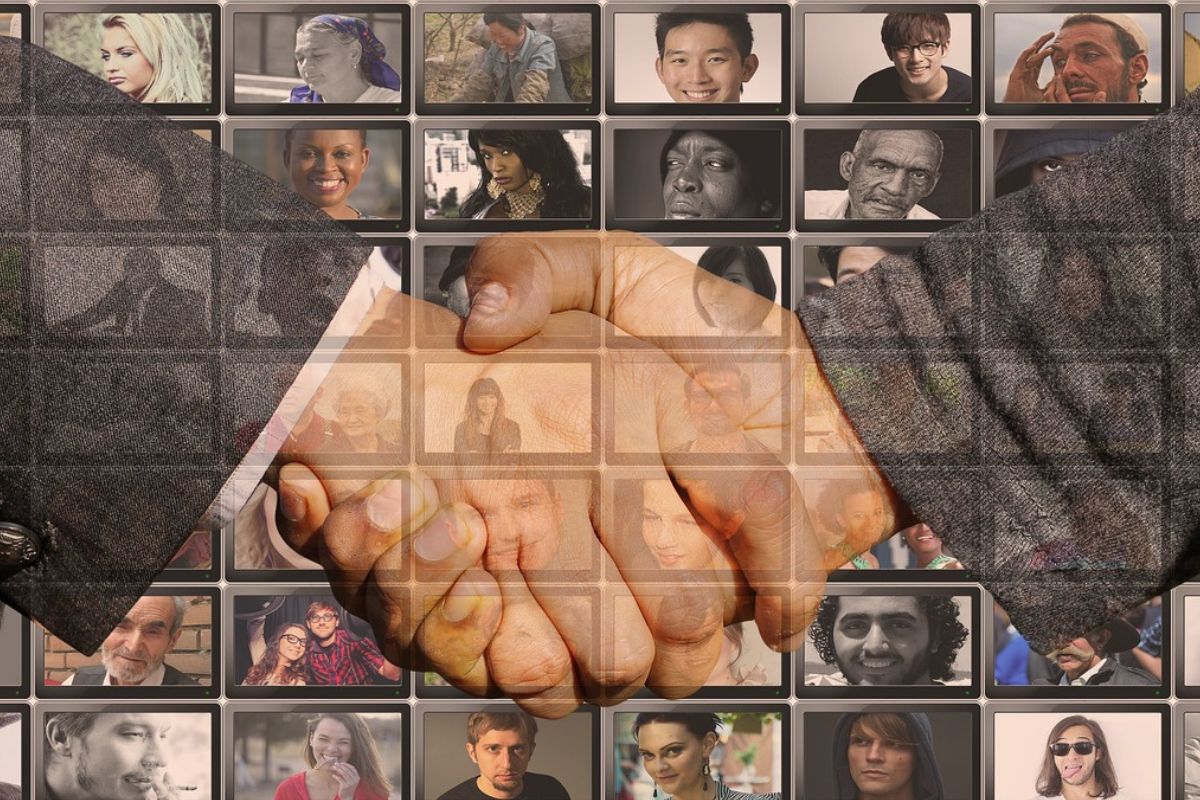According to recent research, it has been shown that kindness, overall happiness and job satisfaction are directly linked – yet kindness has been seen as a non-essential leadership trait. Until now.
As we slowly recover from the COVID-19 pandemic, mental health and wellbeing have become a top priority for staff and job seekers. Increasingly, organizations are expected to offer more meaningful work and greater flexibility, and ensure their teams are adequately supported, both mentally and emotionally.
As an HR consultant and kindness expert, I often hear CEOs and executive directors acknowledge that their staff are overwhelmed, overworked and stressed, yet they require more from their people to achieve strategic objectives.
According to Gallup’s 2023 ‘State of the Global Workplace’ report, employee disengagement costs the world around US$8.8 trillion annually.
According to Gallup’s 2023 ‘State of the Global Workplace’ report, employee disengagement costs the world around US$8.8 trillion annually. Add to that, The World Health Organization estimates that anxiety and depression cost the global economy upwards of US$1 trillion annually.
Adapting and navigating the rapidly changing workforce landscape is no easy feat. However, leadership and business experts across the globe are starting to see, and talk about, the impact that kindness can make to an organization and its people.
But what is kindness, and why does it matter so much?
Changing landscape
Kindness is something that is regularly misunderstood and often misrepresented in the world of business.
Someone who shows kindness has been seen to be weak, ineffective, a ‘pushover’ or ‘too soft’. Throughout history, the more traditional leadership traits of confidence, courage and working hard to get ahead were celebrated.
I’m so pleased to see that this is now changing.
The words ‘kindness’ and ‘niceness’ are often used interchangeably, yet they are not the same at all.
Some of the confusion comes in the way we communicate through language. The words ‘kindness’ and ‘niceness’ are often used interchangeably, yet they are not the same at all. Kindness is strong, empathetic and brave. Niceness, on the other hand, is passive, insincere and soft.
So is it really possible for kindness to create more happiness than a larger salary?

Five benefits of kindness
Here are five ways to embed kindness in your organization for more happiness, without giving a pay rise.
Kindness is contagious
Science tells us that an act of kindness releases the hormone oxytocin, which helps to increase feelings of connection, trust and overall happiness, while also reducing blood pressure.
A single act of kindness can impact 125 people, and in an organization, if you are able to increase connection and happiness through regular kind acts, the positive ripple effect is immense.
Start your meetings with something positive
Positive psychology, used in leadership development across the world, has shown that if an interaction with someone is positive and kind, then that person will continue to be more positive and kind throughout the rest of the day. They are also more likely to share that positivity with others.
Attitude reflects leadership
I heard these words from an extremely wise and very kind leader with whom I had the pleasure of working with some years ago.
As a leader, you are always being watched, even if you aren’t aware of it. Whether you like it or not, you are the guidepost for how others act within a workplace and you influence people’s happiness.
People will work harder and be more engaged if they feel seen, heard and valued
A 2023 report by Reward Gateway found that 62 percent of Australian employees say that having a manager who cares about their wellbeing is more important to them than receiving a 10 percent pay rise.
Purposeful leadership expert Zach Mercurio talks about the power of employees feeling like they matter in their workplace and how something that may seem small could make all the difference to someone and lead to increased happiness and engagement.
Walk the talk and be the change
Gallup’s ‘State of the Global Workforce’ report found that organizations where managers confidently lead their teams, having earned the respect of employees and stakeholders alike, achieve around 17 percent more productivity and 21 percent higher profitability.
How often do leaders put off having a difficult or uncomfortable conversation when someone is not performing at work, only to find that the problem worsens? Respect is earned and can be easily lost.
Necessary skill
Often elusive, happiness is said to be an inside job. However, what if organizations could assist with the happiness of their staff?
Contemporary workplaces are embracing this new approach to leadership and instead of it being labeled a ‘soft skill’, kindness is now becoming a necessity and a ‘human skill’ for leaders and businesses who wish to create impact.
We often believe that money will solve all our problems, yet most of us know of someone who has left one job for another, better paid one, thinking it will bring them happiness as well. They then find that it wasn’t what they thought it would be and any associated happiness was fleeting.
If kindness is woven into the fabric of a workplace culture, it has been shown that staff will enjoy better mental health and be more engaged and productive.
If kindness is woven into the fabric of a workplace culture, it has been shown that staff will enjoy better mental health and be more engaged and productive, leading to higher profitability and increased client satisfaction.
Kind leadership is truly valuing your team of humans and their ideas. As emotions researcher and heart leadership expert Brene Brown says in her book Dare to Lead, “clear is kind”.
Kindness takes courage – to stand up for what you believe is right, to be the change, to set boundaries around what is and isn’t acceptable. It’s having the humility to admit when you are wrong and to stay curious. Happiness develops when kindness is embedded.
Although, what’s the harm in considering a pay raise as well?







